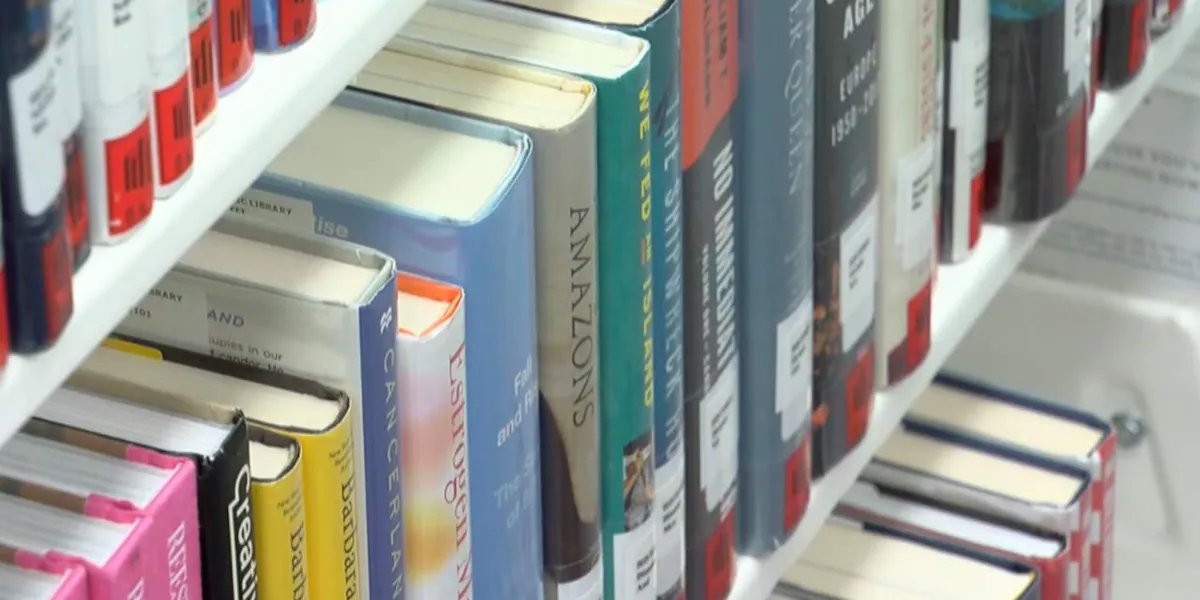
COLUMBIA, S.C. (WCSC) – In the last year, South Carolina has banned more than 20 books from the shelves of its public schools.
Now, students and librarians are suing, claiming the state broke the law when it did that.
Last year, South Carolina’s State Board of Education implemented a rule that regulates what materials are appropriate for schools and the process for getting them removed if they are deemed inappropriate.
The federal lawsuit, filed Tuesday, aims to get that rule tossed.
“It is a dramatic overreach,” American Civil Liberties Union of South Carolina Executive Director Jace Woodrum said. “We need people to stand up and say, ‘This is too extreme. This is not what our schools are for. We need to get politics out of our schools and focus on literacy and educating our students.’”
The ACLU of South Carolina brought this lawsuit on behalf of the South Carolina Association of School Librarians and three high school students, two from Greenville County and one from Charleston County, and their parents.
They are challenging Regulation 43-170, which has sparked the 21 statewide book bans, claiming it is part of State Superintendent of Education Ellen Weaver’s “statewide censorship regime.”
Weaver and the Greenville County School District are named as defendants.
The rule requires all books and instructional material in South Carolina public schools to be “age and developmentally appropriate,” determining they are not appropriate for any students if they include descriptions or visual depictions of “sexual conduct,” as defined in state code.
“With this regulation, we are not looking at author’s intent. We are not looking at the work as a whole, and we are not looking at the literary merit of these books,” said Tenley Middleton, president of the South Carolina Association of School Librarians and a librarian in the Fort Mill School District.
If a parent challenges a book in their child’s school district, this regulation allows the ruling to be appealed up to the State Board of Education.
Any decision made at that level, of whether to return a book to the shelves or ban it, applies statewide.
Plaintiffs claim the regulation is confusing, vague, overbroad and unconstitutional.
Middleton also fears it will have a negative impact on students’ learning, inhibiting them from becoming lifelong readers.
“Librarians, as a whole, tend to be pretty anti-censorship, and we champion intellectual freedom,” she said. “And this definitely quiets our ability to feel like we can fully engage with students about reading materials.”
The lawsuit also challenges a memo Weaver sent earlier this year to align Department of Education communications and resources with state law and Trump administration policies on race and sex.
SCDE spokesman Jason Raven said the department “will vigorously defend these commonsense policies, which set clear and legally sound standards for South Carolina’s public schools.”
Greenville County Schools, which is also named as a defendant, said it still had not been served with the lawsuit as of Wednesday afternoon and could not comment on it before that.